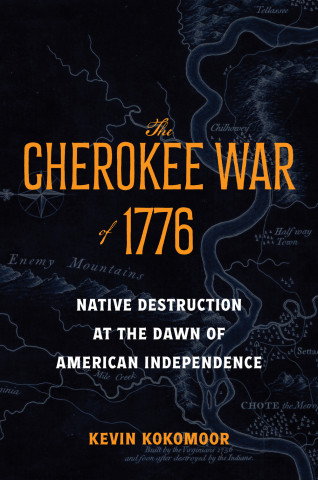
Reviews
A wonderful demonstration of the possibilities of historical studies of technology and culture... Just as Black offers Petrolia as the prototypical landscape of industrial sacrifice, his book will surely serve as the model for a new genre of holistic historical studies of people, place, technology, and culture.
Petrolia is an intimate portrayal of the history of a major event that has affected not only this nation but the entire world as well... This book provides an excellent example of geographic writing that reveals that all places have a quality of their own, and of the kind of literate writing that is needed in our profession today.
A clear, concise telling of Petrolia's fascinating story... Black does an excellent job of examining the oil boom's impact on many aspects of the life and culture of the region.
Although Black uses the development of Petrolia to make larger points about how resource extraction changes ecological interactions, he is also interested in the region as a specific place with a specific history... While other scholars have written about what happens when capital is used to extract a resource from one region for the benefit of another, Black tells the story of transformation in this oil-rich valley at a level of detail and care that is rich and interesting in its own right.
Book Details
Acknowledgments
Introduction. The Persistence of Oil on the Brain
Chapter 1. "A Good Time Coming for Whales"
Chapter 2. "A Triumph of Individualism"
Chapter 3. The Sacrificial Landscape of Petrolia
Chapt
Acknowledgments
Introduction. The Persistence of Oil on the Brain
Chapter 1. "A Good Time Coming for Whales"
Chapter 2. "A Triumph of Individualism"
Chapter 3. The Sacrificial Landscape of Petrolia
Chapter 4. Oil Creek as Industrial Apparatus
Chapter 5. "What Nature Intended This Place Should Be"
Chapter 6. Pithole: Boomtowns and the "Drawing Board City"
Chapter 7. Delusions of Permanence
Epilogue. The Legacy of Petrolia
Appendix
Notes
Select Bibliography
Index





